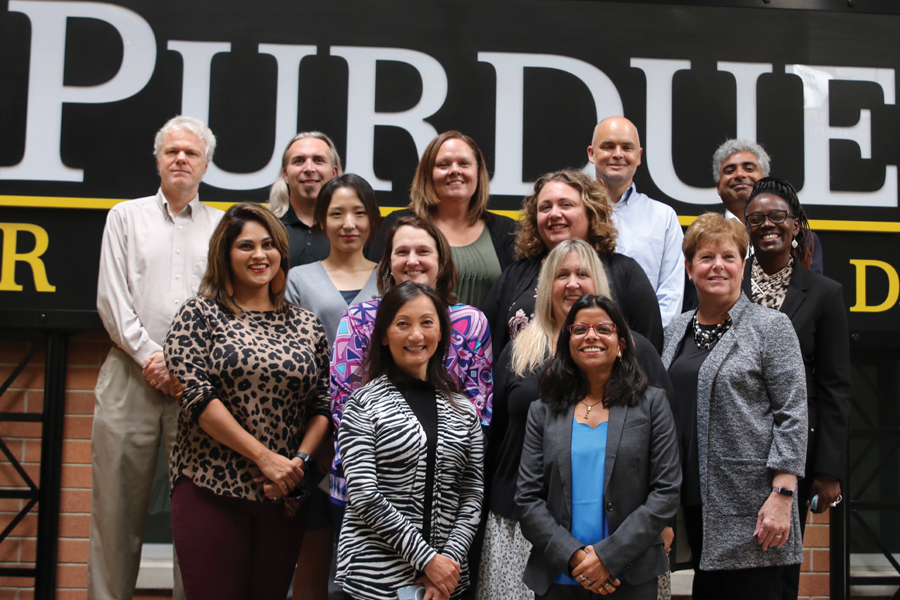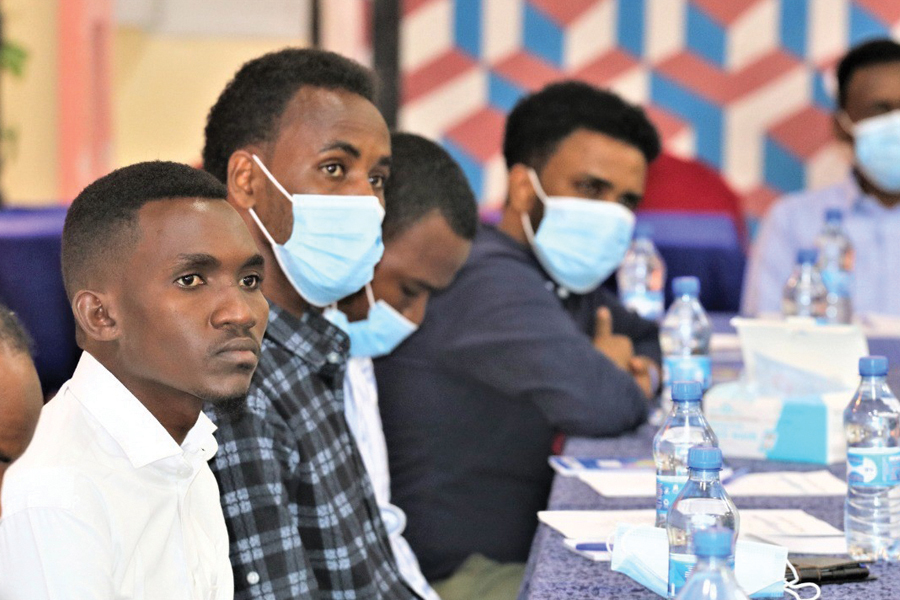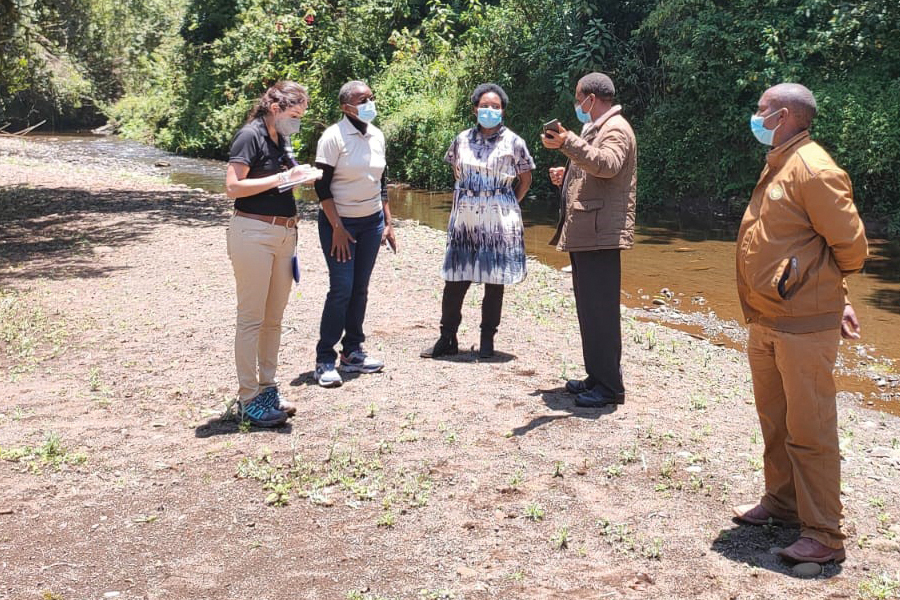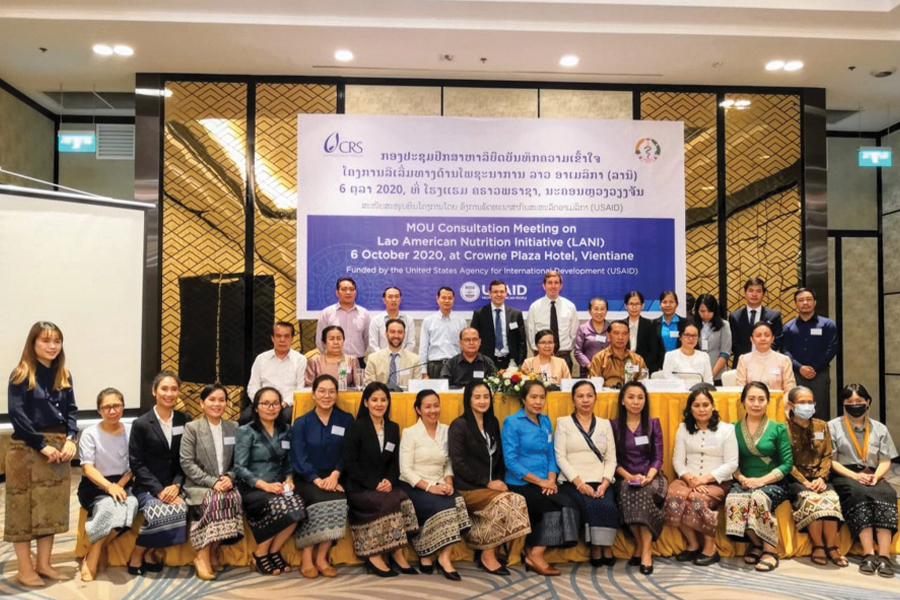LASER PULSE
In 2018, Purdue University was selected by the United States Agency for International Development (USAID) to co-create research-driven solutions for developing countries via LASER PULSE — the Long-term Assistance and Services for Research (LASER) Partners for University-Led Solutions Engine (PULSE).
Representing the largest single research award to Purdue’s College of Engineering, LASER PULSE is a five-year, $70 million program funded through USAID’s Innovation, Technology, and Research Hub. Purdue leads a global consortium of university and nongovernmental partners that supports USAID as it navigates developmental challenges, ultimately leading to societal, environmental, educational, and agricultural improvements in partner countries around the world.
The LASER PULSE program enables interested USAID missions, bureaus, and independent offices to rapidly access a network of international universities and associated researchers to help refine and solve development challenges. LASER PULSE researchers and practitioners collaborate with the USAID offices to identify new research questions, conduct demand-driven research, translate research results into development impact, and build the technical and research capacity of universities and researchers in developing countries.
LASER PULSE has built a vast network of 2,600 researchers and practitioners from more than 61 countries. These members have access to LASER PULSE’s multitude of trainings, courses, casebooks, templates, tools, and guiding documents for capacity building. More than 1,700 members have enrolled in LASER PULSE courses in the last three years.
Visit LASER PULSE website: https://www.laserpulse.org for more information.

Purdue LASER PULSE team and consortium partner member from the University of Notre Dame.

Discussion with local stakeholders in Somalia to explore improving education. on.

LASER PULSE project leader Margaret Gitau (second from left), a Purdue associate professor of agricultural and biological engineering, meets with local stakeholders to discuss better water resource management in East Africa.

Local stakeholders meet to explore solutions to nutritional issues in Laos.
